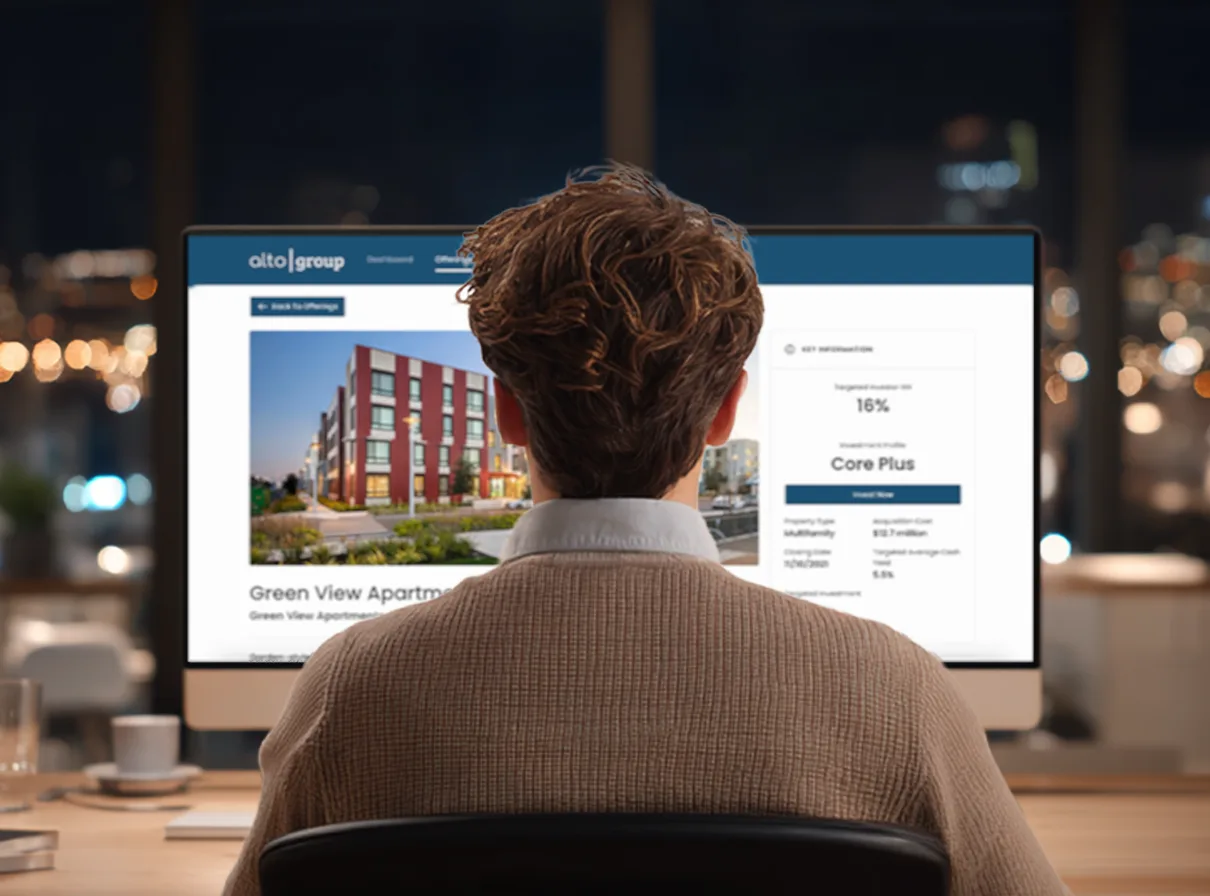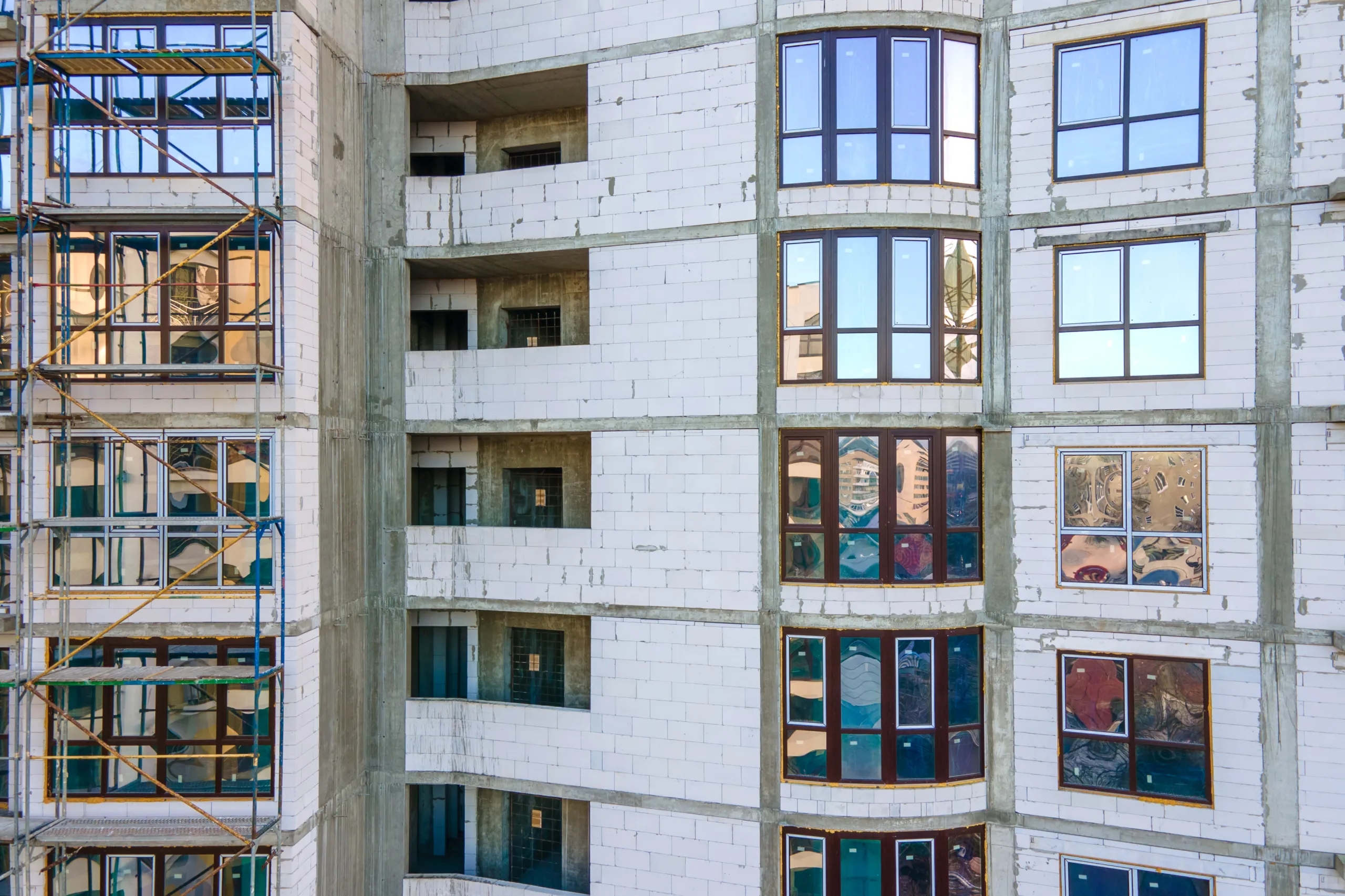- Investment in Opportunity Zones has fallen sharply, with a 70% YoY drop in equity raised, due to economic strain and uncertainty about the program’s future.
- Investors and experts suggest that OZ projects must begin soon to fully benefit from tax incentives before the program ends in 2026.
- Despite the decline, some developers are still investing in strong projects that meet internal return thresholds, anticipating possible long-term benefits.
Equity investment in Opportunity Zone projects has plunged by nearly 70% this year, as reported in Bisnow, reflecting growing caution among investors.
The uncertainty surrounding the program’s end in 2026 and the problematic macro environment, including higher interest rates and lower capital gains, contributed to the steep drop.
By The Numbers
According to Novogradac, just $446M was raised in 2Q24, compared to $1.3B during the same period the previous year.
The investment slowdown began in late 2023 as interest rates stifled capital markets. Jason Watkins, a partner at Novogradac, noted that 2023 also saw a decline in available capital gains, further reducing the pool of funds for OZ projects.
Last-Minute Push
Despite the slowdown, experts and developers still see value in taking advantage of OZ benefits before they expire.
As an example, investors who hold their investments for at least 10 years can benefit from a full exemption on capital gains taxes, a major incentive for long-term investment in OZ projects.
Watkins believes that as the program’s sunset approaches, more investors will aim to capitalize on this benefit, as seen in previous tax deferral expirations in 2021.
Paul Daneshrad, CEO of StarPoint Properties, also emphasized that investors should begin projects before 2026 to ensure they can still reap the tax advantages. He advised against waiting until the final year due to the risk of projects not being grandfathered into the program if it isn’t extended.
Waiting for November
The future of the Opportunity Zone program is likely to be shaped by political developments. Created under the 2017 Tax Cuts and Jobs Act during the Trump administration, the program’s fate may depend on the outcome of the next presidential election.
Although former President Donald Trump has touted the program’s success, there has been little public commentary from current Vice President Kamala Harris or other Democratic leaders regarding its continuation.
Critics of the program argue that many investments made through OZs would have occurred without the tax incentives, calling for reforms that direct more funds to underserved areas.
However, census data analyzed by the Economic Innovation Group suggests that housing stock in OZs grew faster than in peer census tracts, indicating potential community benefits.
Looking Ahead
Both Watkins and Daneshrad expect that the Opportunity Zone program may be extended, possibly with modifications that encourage affordable housing development and stricter reporting requirements.
“We think a renewal makes a lot of sense, certainly with some additional reporting requirements, so the impact it’s having can truly be judged,” Watkins said. He added that targeted tweaks could unlock new types of investment opportunities, particularly in underserved communities.



















